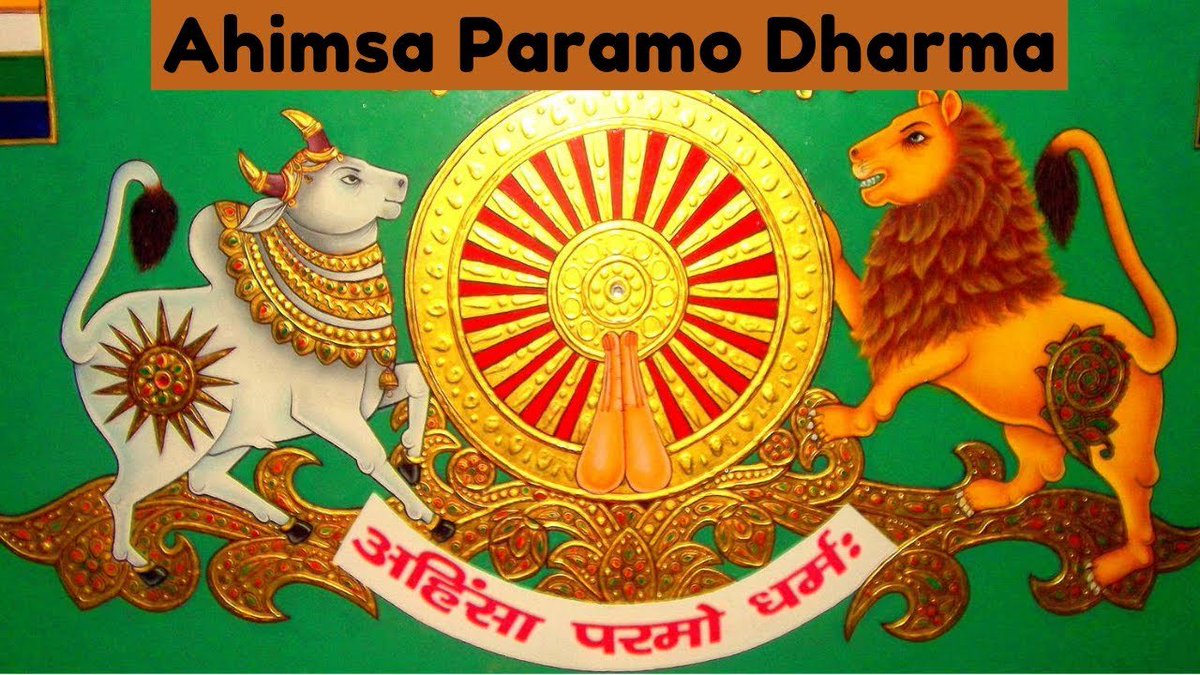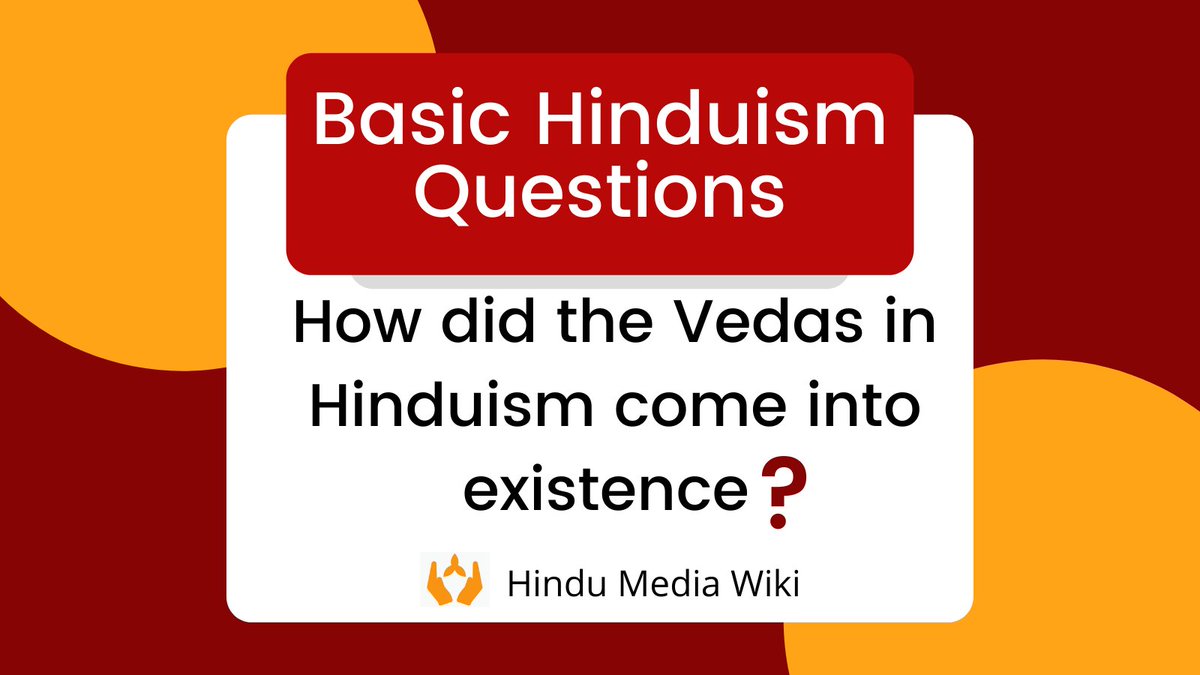
Story of Kandu Maharishi
Kandu
There was a sage named Kandu. He had a hermitage on the banks of the Goutami Ganga. The ashrama was a beautiful place and Kandu performed very difficult tapasya there.
Kandu
There was a sage named Kandu. He had a hermitage on the banks of the Goutami Ganga. The ashrama was a beautiful place and Kandu performed very difficult tapasya there.

In the summer Kandu meditated in the hot sun, in the monsoon he meditated on the wet ground, and in the winter he meditated dressed in wet clothing.
Indra got scared as a result of all this tapasya. He thought that the sage Kandu might want to become Indra, the king of the gods
Indra got scared as a result of all this tapasya. He thought that the sage Kandu might want to become Indra, the king of the gods
He therefore called an apsara named Pramlocha and told her, Go and disturb Kandu's tapasya.
Pramlocha went to the hermitage and began to sing there in a beautiful voice. This disturbed Kandu and he discovered a beautiful woman wandering around in his ashrama.
Pramlocha went to the hermitage and began to sing there in a beautiful voice. This disturbed Kandu and he discovered a beautiful woman wandering around in his ashrama.
Who are you? Kandu asked the woman.
I have come here to pluck flowers, replied Pramlocha, I am your servant, I will do whatever you wish me to.
Kandu had fallen in love with Pramlocha and he married her. He forgot all about his tapasya and Indra haved a sigh of relief.
I have come here to pluck flowers, replied Pramlocha, I am your servant, I will do whatever you wish me to.
Kandu had fallen in love with Pramlocha and he married her. He forgot all about his tapasya and Indra haved a sigh of relief.
Years passed. Pramlocha wished to return to heaven but Kandu would not let her.
After years and years had passed, Kandu came out of his hut, looking rather distracted. It was then evening and Kandu was obviously going somewhere.
Where are you going? pramlocha asked.
After years and years had passed, Kandu came out of his hut, looking rather distracted. It was then evening and Kandu was obviously going somewhere.
Where are you going? pramlocha asked.
What a stupid question! exclaimed Kandu. Can't you see that it is now evening? I have got to go and observe the evening rites. The day has passed.
What day?, asked Pramlocha. Several days have passed and several evenings have come and gone.
What day?, asked Pramlocha. Several days have passed and several evenings have come and gone.
No, you came here this morning, said Kandu. I brought you to my hut and it is now evening. I don't understand what you are trying to say. Explain yourself.
It is true that I came here in the morning. Answered Pramlocha. But that was a morning which dawned many years ago. Hundreds of years have passed since tha tday.
How many years? asked Kandu. When did you come here?
Sixteen hundred years, six months and three days ago, replied Pramlocha.
Are you sure? asked Kandu. It seems like a single day to me.
I am sure, said Pramlocha. I dare not to lie to you.
Sixteen hundred years, six months and three days ago, replied Pramlocha.
Are you sure? asked Kandu. It seems like a single day to me.
I am sure, said Pramlocha. I dare not to lie to you.
You have dislodged me from my tapasaya, responded Kandu. But I will not curse you, since you have been my wife. Go back to heaven. I have to atone for my sins.
The sage Kandu went to Purushottama kshetra and performed penance for his sins.
The sage Kandu went to Purushottama kshetra and performed penance for his sins.
He did tapasya for years to please Narayana so he can get his all Tapobal back.
As his tapasya Got stronger the Tapobal inside him also became stronger and one day narayana himself apperad infront of him.
As his tapasya Got stronger the Tapobal inside him also became stronger and one day narayana himself apperad infront of him.
He started crying after seeing his Roop and started worshipping him with various stuti.
After hearing his Stuti narayana became happy and asked him for wish. And after Rishis request he gave him the param Pada which is rare for even Devtas
END.......
After hearing his Stuti narayana became happy and asked him for wish. And after Rishis request he gave him the param Pada which is rare for even Devtas
END.......

• • •
Missing some Tweet in this thread? You can try to
force a refresh








